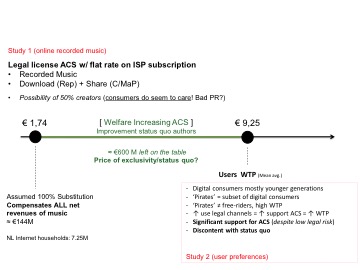Swedish Supreme Court issues decision regarding the freedom of panorama
Question referred to the Supreme Court by Stockholm District Court in a case between Bildupphovsrätt i Sverige ek.för. (BUS) vs Wikimedia Sverige (Case nr Ö 849-15) On 4th April 2016 the Supreme Court handed down its decision in a case between Bildupphovsrätt i Sverige (BUS) and Wikimedia Sverige. The question referred to the Supreme Court…



